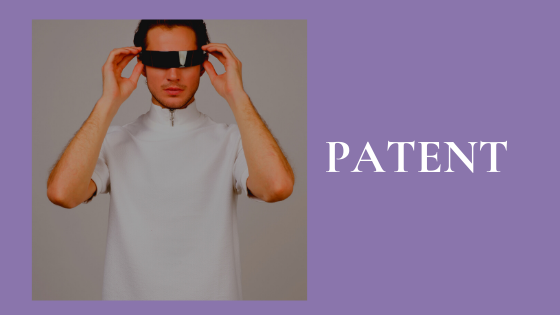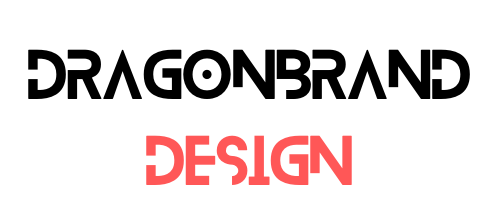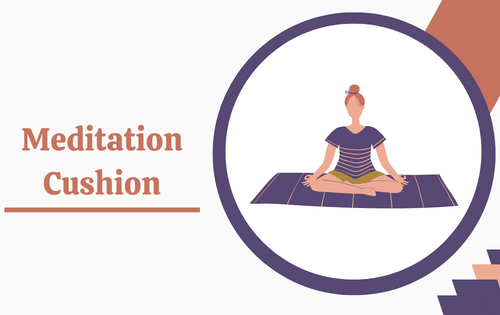
Invention Submission
It is important to remember, however much it might be hurting the spirits of the inventor, that all inventions are not patentable and all inventions resulting in whichever product or services may never be a realistically viable commercial opportunity. Any competent and honest invention submission firm would not hesitate to inform the inventor of this harsh reality. The situation arises especially when you have made an invention and do not have the resources or the know how for its subsequent development to turn it into a profitable business venture. There are innumerable companies which are constantly seeking opportunities for invention submissions and you could contact them for taking up your assignment.
The first step before making an invention submission can be taken by you. Simply contact a patent lawyer or agent and the United States Patent and Trademark office. The patent lawyer or patenting agency like InventHelp can offer valuable guidance through out the entire process of invention submission, and ensure that you are protected from any future legal entanglements. You have to pay a fee for this, and since these things are subject to change, it is better you contact the USPTO yourself, to get a clear idea of what you are supposed to do. Patenting an idea or invention offers protection against plagiarism and theft.

The next step is to hunt for invention submission companies. For instance, if you have invented something which is related to televisions or computers, you have to locate a television or computer-related company who are looking forward to reviewing invention submissions. The usual advice from these companies is to patent your invention since this is the only legal and fool-proof protection your invention can have. Lists of such companies, such as the Invent Help, are easily accessible on the internet. Contact whichever company fits your requirements and ask them if they are interested in reviewing patented inventions.
This simple activity can open up great business opportunities for you. For instance, a large television manufacturing company may like the idea, and if you have the patent for it, this can result in a very profitable partnership. The company has the resources to make an idea tick, and you have the patent for the idea. You simply have to make sure that you are compensated generously for all the labor that you have put in the invention.





